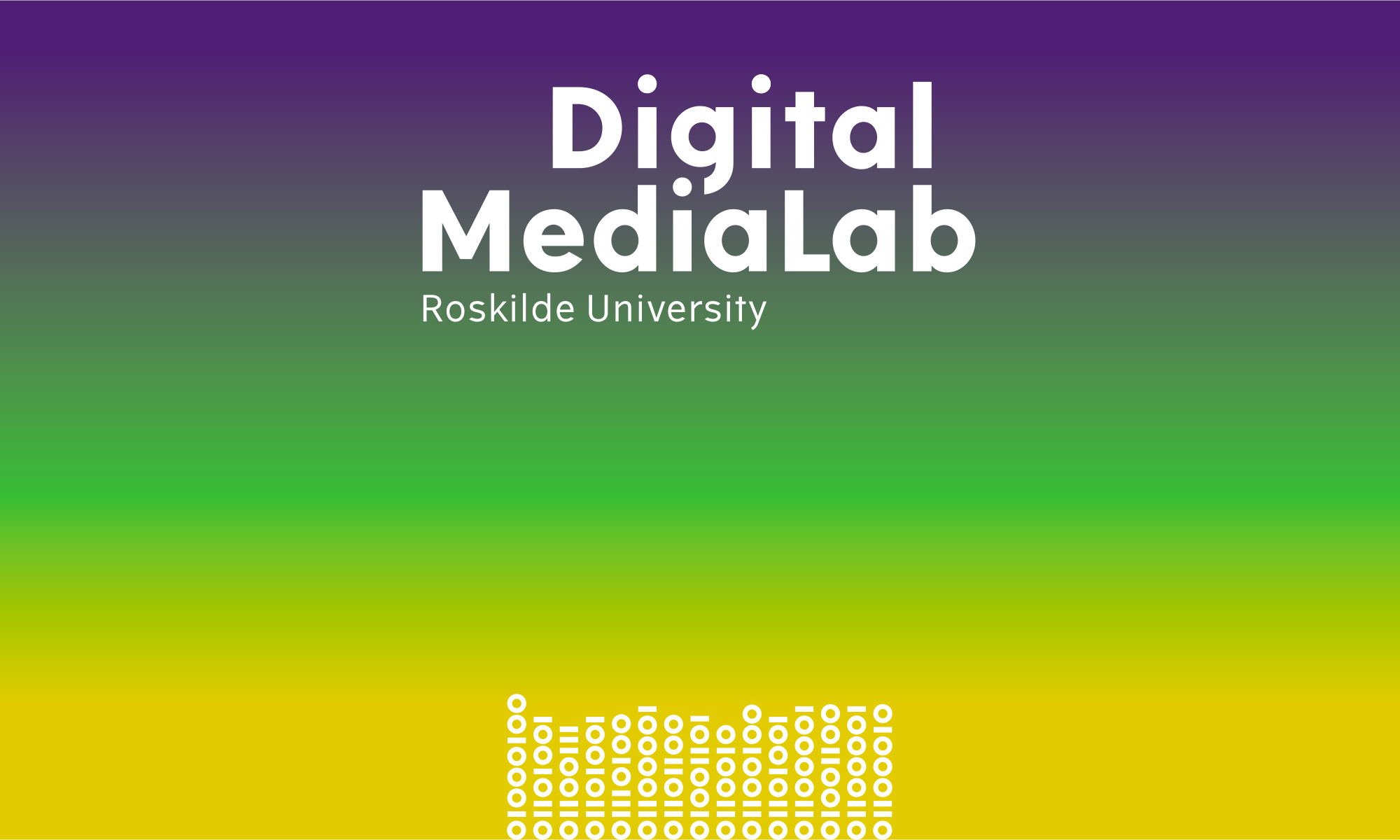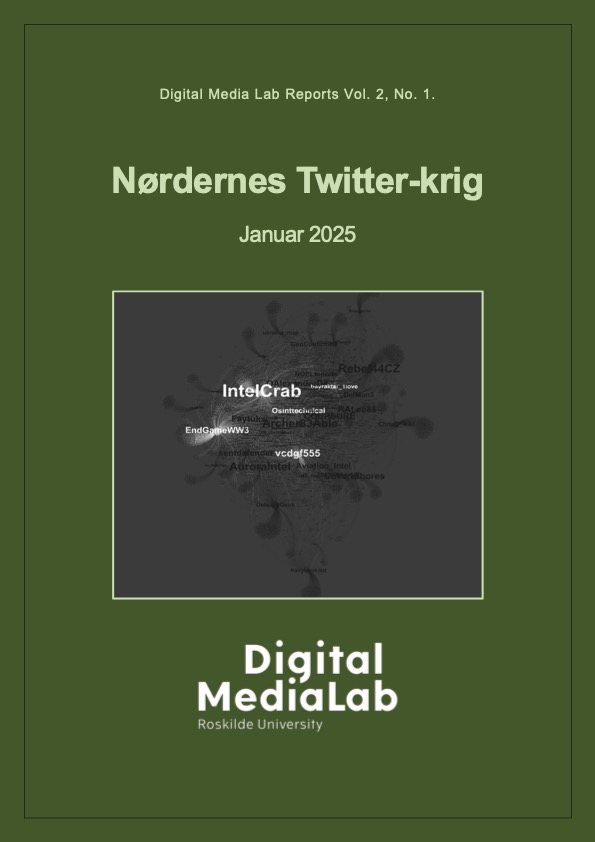Time: 13 Nov 2024, 13.30-15.00
Place: Digital Media Lab, room 40.3.045, Roskilde University
Mette Simonsen Abildgaard is Associate Professor of Arctic Technology Studies at Aalborg University. She recently received a Sapere Aude grant from the Independent Research Fund Denmark and a Semper Ardens: Accelerate grant from the Carlsberg Foundation.
“In this talk, I explore how digital infrastructures shape the experiences of those positioned as living ‘on the margins’. I discuss some of the approaches I have used to study systems such as undersea-cables, wi-fi networks, mobile plans, satellites, and other infrastructures of telecommunication, which are both pervasive and deeply personal, using ethnographic methods. Specifically, I’ll discuss how the concept of ‘infrastructural encounters’ has helped me capture sites and moments where the everyday is made faster or is slowed down through infrastructure, and a method of phenomenologically ‘sensing data’ (such as the kilobytes, megabytes, petabytes, and zettabytes circulating in digital infrastructures) as situated and mundane, during fieldwork in North Greenland.”
All welcome – no registration needed – please share the invitation






